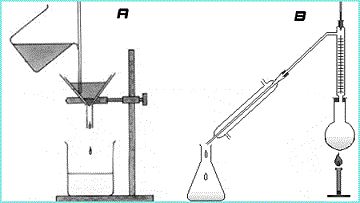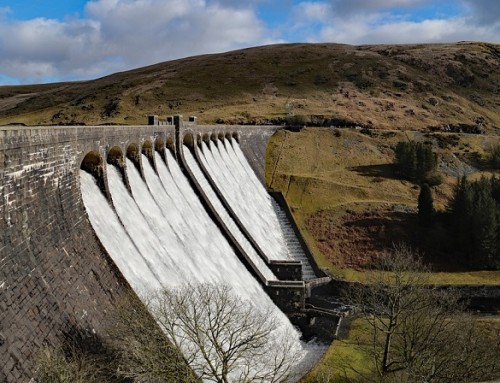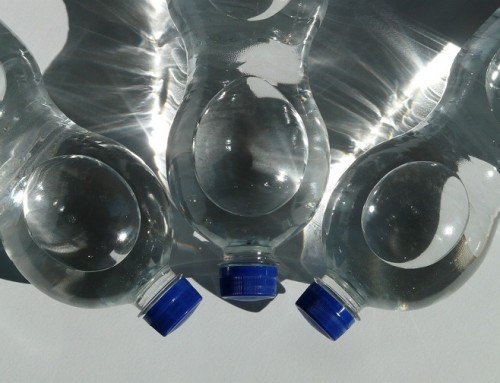 When considering a water treatment for the drinking water that is so important in maintaining our good health, it is important to consider which is better; water filtration or water distillation.
When considering a water treatment for the drinking water that is so important in maintaining our good health, it is important to consider which is better; water filtration or water distillation.
Of the many various water treatments for drinking water, distillation, filtration and reverse osmosis remain the most popular, although each has both strengths and weaknesses.
Which is better; Water Filtration or Water Distillation?
Although they are both popular and each has their own strengths and weaknesses, there is also a particular situation in which each is more suitable.
Water Filtration
Water Filtration is the premier method of water purification, and has been used since 2000BC when it was first practised in Egypt.
Water Filtration removes most contaminants and is a more efficient method of purification than any other technique, which is why it is the most used technique worldwide. In this method, some type of filter is used to remove the contaminants as water flows over it; this is done by physical obstruction, chemical adsorption, or a combination of the two.
Modern water filters are extremely efficient in removing contaminants such as chlorine and chlorine by-products; protozoa giardia and cryptosporidium; volatile organic chemicals; and other chemicals like fluoride which other treatments cannot do.
The water filtration process happens at a comparatively slow speed, ensuring that all contaminants are removed while healthy trace minerals remain behind. Water filters are generally inexpensive and unlike the reverse osmosis and distillation methods, very little water is wasted during the process.
The best type of water filter is a solid block carbon filter, and the ultimate in water filters is the Living-Water Triple Activated Carbon Filters used in their plumbed-in water coolers.
Water Distillation
The process of water distillation has, like the process of distilling alcohol like vodka and whiskey, been around for centuries and is a great water purification method.
During distillation, a heat source is employed to vaporise the water, separating the pure water molecules and the contaminants with a higher boiling point. When the water boils it evaporates, and this evaporated water is then captured and passed through a system of tubes into a separate container and removed from the heat source. This results in the contaminants being left in the original container and pure water in the new container.
The distillation process will remove hardening agents like calcium and phosphorous as well as heavy metals like lead, arsenic, and mercury from the water, which is why it is often used as the main water purification method in developing countries where there is a heightened risk of waterborne disease.
The downside to water distillation is that it does not remove chlorine, chlorine by-products, or volatile organic chemicals (VOCs) from the water and can make the water a bit acidic, so is not the best method for purifying drinking water.
Rent water coolers london at Living-Water. Buy water coolers online and cooler accessories in London.





